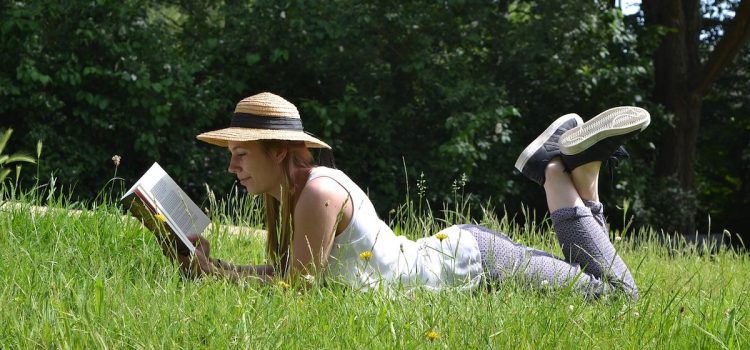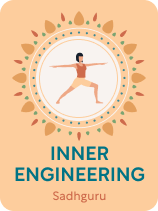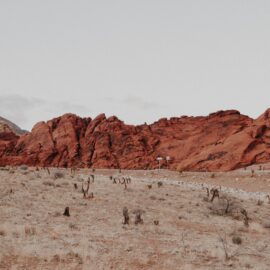

This article is an excerpt from the Shortform book guide to "Inner Engineering" by Sadhguru. Shortform has the world's best summaries and analyses of books you should be reading.
Like this article? Sign up for a free trial here.
Are you looking for Inner Engineering quotes by Sadhguru? What are some of the most noteworthy passages worth revisiting?
In his book Inner Engineering, yoga master Sadhguru explains that we create our own suffering and we’ll remain trapped in it until we learn to seek answers from the right place—inside ourselves. He says we can only transform the world by transforming ourselves from within, using yoga.
Below is a selection of quotes from Sadhguru’s book Inner Engineering: A Yogi’s Guide to Joy.
Inner Engineering: A Yogi’s Guide to Joy
We live in a time of unprecedented global wealth and material comfort. We have all the resources we need to solve the world’s problems—and yet so many are suffering. Depression, anxiety, poverty, and violence plague us, while joy evades us. Why? In this book, yoga master Sadhguru explains that we create our own suffering and we’ll remain trapped in it until we learn to seek answers from the right place—inside ourselves. He says we can only transform the world by transforming ourselves from within, using yoga. And that’s what his “inner engineering” program teaches us to do.
In his book Inner Engineering, Sadhguru explains the yogic concepts behind his program. He says that to “engineer” something means to design it to be the way you want it. We engineer the world around us constantly, but we neglect to engineer our inner world. Yoga, he explains, is not an exercise, nor a belief system—it’s a technology for managing your body, mind, and energy in a way that creates optimal conditions for your life. If you manage your physical and mental processes consciously, Sadhguru says your whole life experience will be of your own making.
The following Inner Engineering quotes highlight some of the key ideas from the book:
“Modern science tells us that all of existence is just energy manifesting itself in different ways and in different forms. This means that the same energy that can sit here as a rock can lie there as mud, can stand up as a tree, can run like a dog—or be here reading this book, as you. So, you are essentially a morsel of energy that is part of the much larger energy system of the universe. The cosmos is just one big organism. Your life is not independent of it. You cannot live without the world because there is a very deep moment-to-moment transaction between the two of you.”
Science tells us that all things are made of energy. This means at the most fundamental level, you are just energy in one particular manifestation. So, according to Sadhguru, because you’re just energy manifesting in different forms, and energy is all there is, that means you are all that is. When religions say God is everywhere, or in everything, they’re really saying this using religious language. Sadhguru says what we really long for is to be able to feel this—to have the sensual experience of being that universal energy. He describes it as a blissful, expansive, liberating experience. This is also known as a transcendental experience or a mystical state.
“The way you eat not only decides your physical health, but the very way you think, feel, and experience life. Trying to eat intelligently means understanding what kind of fuel this body is designed for and accordingly supplying it, so that it functions at its best. ”
According to Sadhguru, there are no moral judgments around food in yogic philosophy. Yoga simply requires eating what’s most conducive to the functioning of our bodies, which he says is a plant-based diet of unprocessed foods. For example, he emphasizes that although meat consumption is discouraged for a yoga practitioner, this is not based in morality. It’s because animal products and processed “junk” foods don’t provide the optimal energy, nutrition, and digestive conditions for your body. As your body consciousness increases with yoga practice, he says you’ll instinctively know what to eat.
“The only thing that stands between you and your well-being is a simple fact: you have allowed your thoughts and emotions to take instruction from the outside rather than the inside.”
One of the main problems with human nature, according to Sadhguru, is that instead of being in control of our own thoughts, we allow them to control us. Because we allow ourselves to be at the whim of our emotional states, we try to arrange the world around us to create circumstances that make us feel good, rather than directing our own minds and feelings. This is always precarious, he says, because there’s so much in life that we can’t control.
Sadhguru asks: How can your own thoughts make you miserable when you generate your thoughts? Why would you do that to yourself? And yet, he points out, we have thoughts that constantly make us suffer. You need to learn to be in charge of your own mind, instead of allowing your mind to control you. Sadhguru says practicing yoga will help you recognize the distinction between you and your mind.
You perceive them as products of your external circumstances, but Sadhguru says you need to recognize that all of your experience is generated within you. You think someone is “making” you angry, or your job “makes” you stressed. But, while that person or job may be what triggers these states, the anger and stress are inside you, and therefore you’re generating these feelings, and you can choose not to.

———End of Preview———
Like what you just read? Read the rest of the world's best book summary and analysis of Sadhguru's "Inner Engineering" at Shortform.
Here's what you'll find in our full Inner Engineering summary:
- An introduction to the science of yoga and its transformative powers
- Renowned yogi Sadhguru's journey of self-discovery
- Why yoga is not meant to be an exercise or a way to get "fit"






